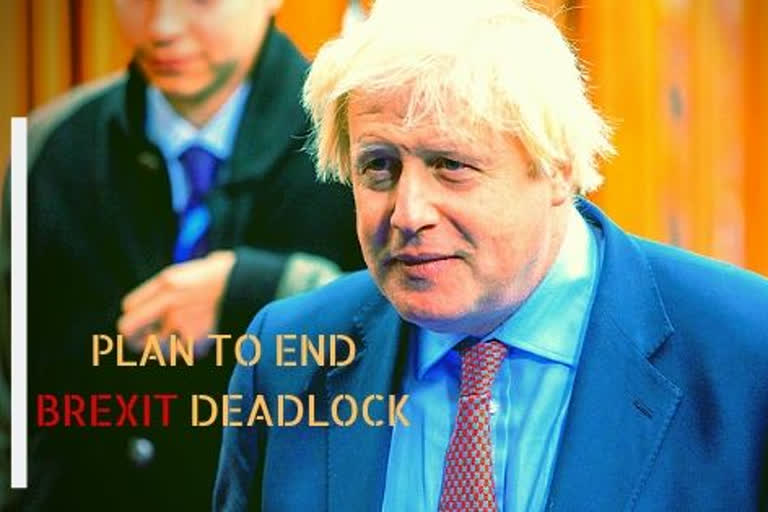London:Prime Minister Boris Johnson signaled an end to Britain's era of Brexit deadlock Thursday, announcing a packed legislative program intended to take the U.K. out of the European Union on Jan. 31, overhaul everything from fishing to financial services and shore up the country's cash-starved public services.
The commanding House of Commons majority won by Johnson's Conservative Party in last week's general election all but guarantees he will be able to turn those promises into law, although with Brexit casting a shadow over the British economy, there's a question mark over how he will pay for it all.
In a speech delivered from a golden throne in Parliament by Queen Elizabeth II, Johnson opened the legislative floodgates after three years in which minority Conservative governments tried in vain to win lawmakers' backing for their Brexit plans.
Read more:Queen lays out Johnson's Brexit plans at Parliament opening
This is the moment to repay the trust of those who sent us hereby delivering on the people's priorities, Johnson told lawmakers after the speech. "They want to move politics on and move the country on." In less than 10 minutes, the monarch rattled through more than two dozen bills the government intends to pass in the coming year. The first will be the EU Withdrawal Agreement Bill, the law needed to make Brexit a reality, which is set to receive its first significant parliamentary vote on Friday.
The bill commits Britain to leaving the EU on Jan. 31 and to concluding trade talks with the bloc by the end of 2020. Trade experts and EU officials say striking a free trade deal within 11 months will be a struggle, but Johnson insists he won't agree to any more delays. That vow has set off alarm bells among businesses, who fear that means the country will face a no-deal Brexit at the start of 2021.
The government also plans to pass several other Brexit-related measures, including a new points-based immigration system that will be introduced after Brexit, when EU citizens will lose the automatic right to live and work in the UK.
There are also plans to overhaul agriculture, fishing, trade and financial services after Brexit in ways that will have a huge though still largely unknown effect on the British economy.
